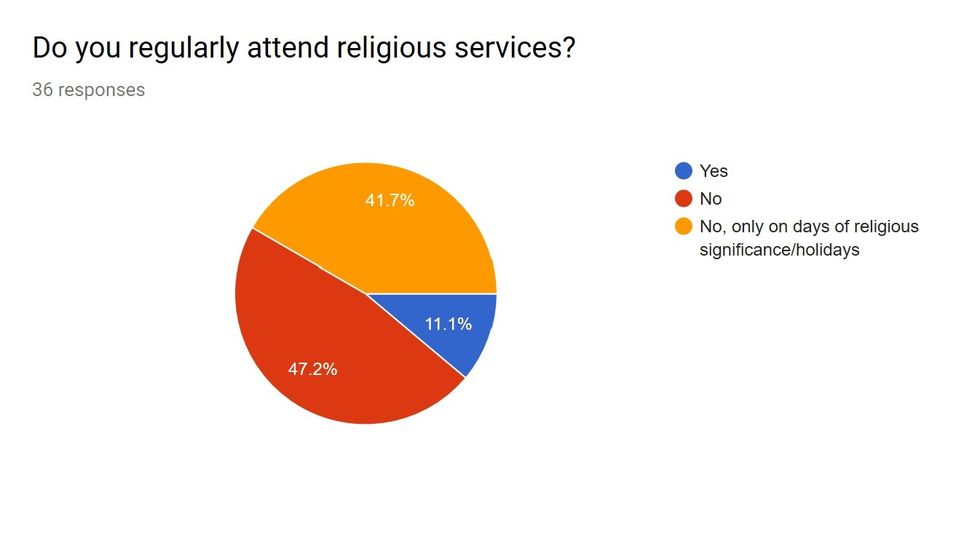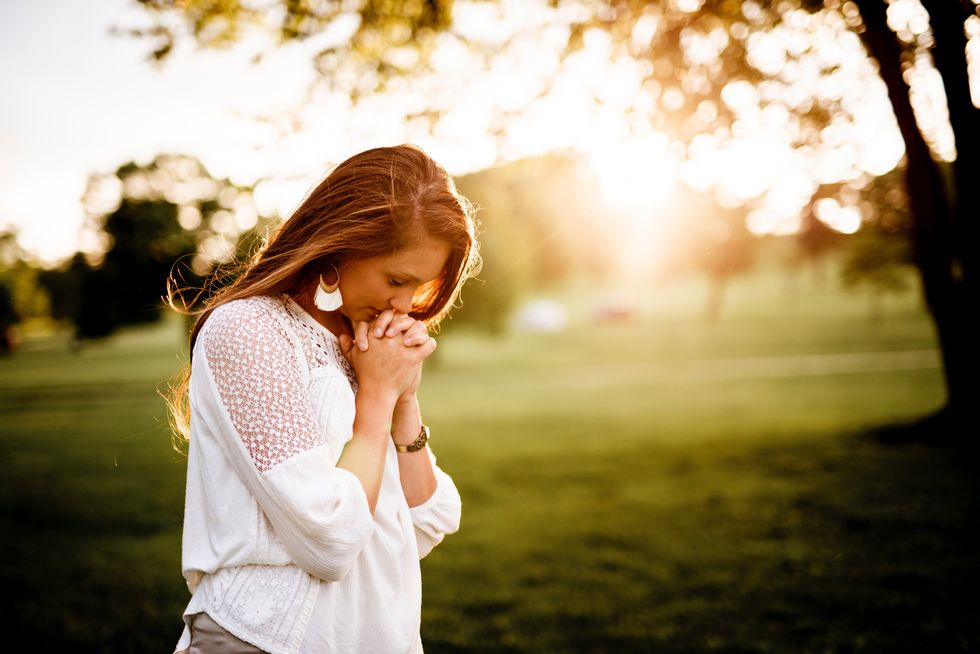Religious intolerance can claim responsibility for many tragic acts of violence that have occurred throughout history. You do not have to think that far back to remember a time, place, or event in which acts of violence were religiously motivated. A recent article published in BBC stated "the persecution of Christians in parts of the world is at near "genocide" levels, according to a report ordered by Foreign Secretary Jeremy Hunt." This is not the only instance of persecution stemming from intolerance today and should be a worldwide concern that we should all pay consideration too, and make an effort to understand.
I've found religion to oftentimes be an integral part of one's upbringing, a way to instill certain cultural values from a young age. I think most well-intentioned parents want their kids to have the tools they might wish they had when they were our age. These 'tools' might come in the form of knowledge, and wisdom. I think the way this is portrayed in religion puts these tools together in a way that emphasizes their importance and encourages a moral code to live by.

Growing up in a household with parents from different religious backgrounds (Jewish mother, Catholic father) developed my perspective on religion that promotes tolerance and acceptance. While I celebrated Jewish and Catholic holidays, I was raised more Jewish than Catholic. Having to acknowledge and accept the teachings of both religions, I learned to appreciate the readings of the bible and Torah not at as a historical recollection of events, but as a way to provide moral guidance
In a recent poll, I found only 11% of responses indicated they regularly attended religious services. While almost half of the people polled stated they did not regularly attend religious services, some stated they only attended on days of religious significance. This could mean on holidays or solemn days of remembrance. What's even more meaningful about this survey is that responses were represented by over eight belief systems. This suggests that even though what we believe in may not be in common, the "how" or "why" is overwhelmingly shared among us.
Acknowledging this is a great step towards understanding that it is o.k. for someone else believing in a differing religion than you. You don't have to fiercely defend your position in the conversation. Co-exist.









































